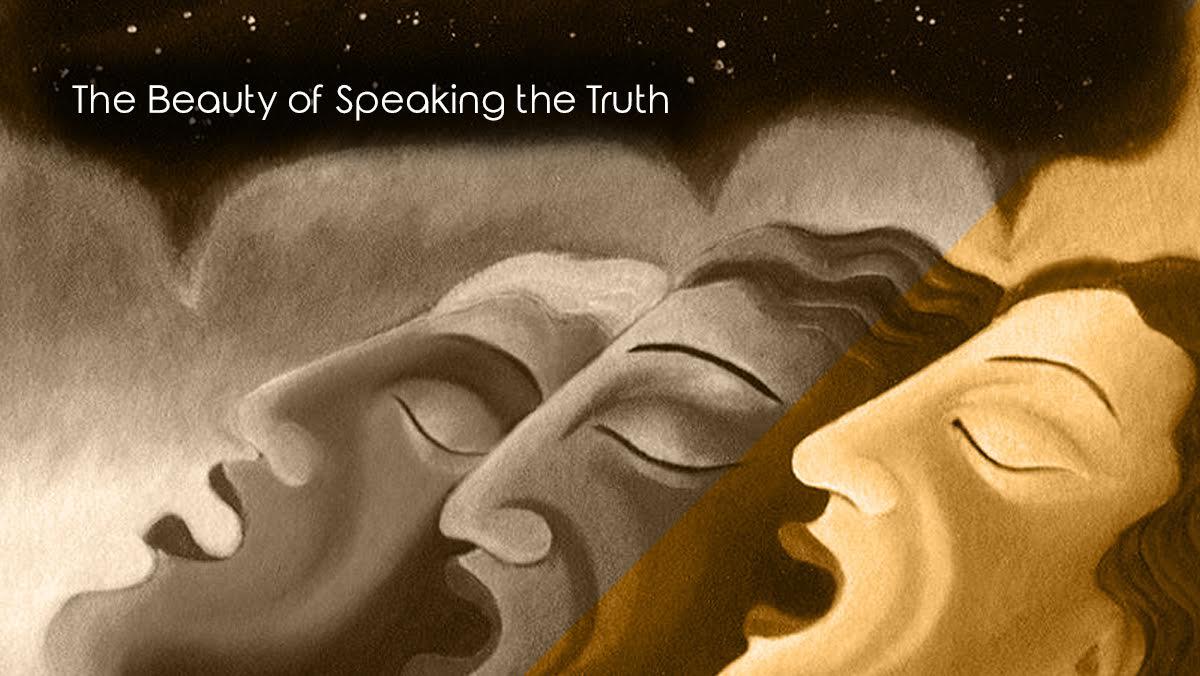First of all, Hi! Hope you’re doing well. It definitely has been a good minute since I’ve got back here, in fact almost a year.. unbelievable how fast time goes..
So, you may have read this title and thought ‘Ah lies, it’s not a big deal to lie.. ‘ Whilst most of us are so used to telling lies, let me tell you the beauty of not telling lies. Before we go further, I’d like to share with you a few wise words uttered by the Buddha about ‘one who tells lies’.
“Monks, for the person who transgresses in one thing, I tell you, there is no evil deed whatsoever he would not do. What is that one thing? It is, monks, telling a deliberate lie.” (Itv 25)
In the above, note the word ‘deliberate’. Deliberate here refers to ‘intention’. If our intention in telling a lie is to deceive someone, hide something to someone, embarrass someone, there, that is the lie that should not be done. And of course, one who lies can do any evil deed and later on lie about their actions. What about white lies then you may ask? A white lie in the dictionary is defined as ‘a harmless or trivial lie, especially one told to avoid hurting someone’s feelings’. Is telling a white lie bad then, since our intention is good? If you think about it.. telling a white lie is also a lie since you’re hiding the truth from them in order to make them feel better.
Personally I would rather have someone be truthful if I asked them something, instead of them saying a white lie.. And if you’re the same, we can come to the conclusion that white lies also belong to lies after all.
And of-course it is difficult to tell the truth in situations where you don’t want to hurt someone’s feelings, but wise people can use tactical ways to utter the truth. This could be by either gradually changing the topic, or being simply polite and starting off with ‘“well, I’m going to be completely honest..” I know you must be thinking what about the fun pranks then? I’m sure you can still be a pretty fun person to be around if you just work on your sense of humour

However, I admit, it is very difficult to speak the truth. But it is more difficult to do so if you don’t know the dangers of lying and if you’re surrounded by people who also lie. Trust me, once you believe in the dangers of lying and stand on your ground of virtue, it doesn’t matter what others say or do, you will eventually build that strength to say ‘sorry I don’t lie, so I can’t say/do this’. And from my experience, I have to tell you, that itself brings a great sense of pride in yourself. Personally I’m grateful in my path of spiritual practice, I found noble teachers, and the right friends or in Buddhism we say, ‘noble friends’ who share and understand the same values and interests.
So the dangers of lying as I learnt from the teachings of the Buddha are sometimes explained through similes. Firstly the Buddha explains, the worst consequences of lying are, it causes rebirth in the animal and ghost worlds. The least consequences on the other hand are, he who is reborn in the human world will be humiliated and insulted and accused for no reason. The beautiful simile said by the Buddha to explain one who lies is — a person who lies is like a vessel turned upside down. Just like that vessel cannot hold any water, a person who lies cannot hold any good qualities in them. They will continue to lie to cover their other lies and therefore there is no evil deed that person would not do.
In conclusion, I say that the beauty of speaking the truth is the rare quality of truthfulness in that person itself. There is beauty in their virtuous character, in their truthful speech, in their courage to stand on their ground of virtue and is eventually an attractive person to associate with, as he is trust worthy.
Therefore, I hope this article was of some value to you and helps you develop the quality of truthfulness. I shall see you next time, until then take care and stay safe





